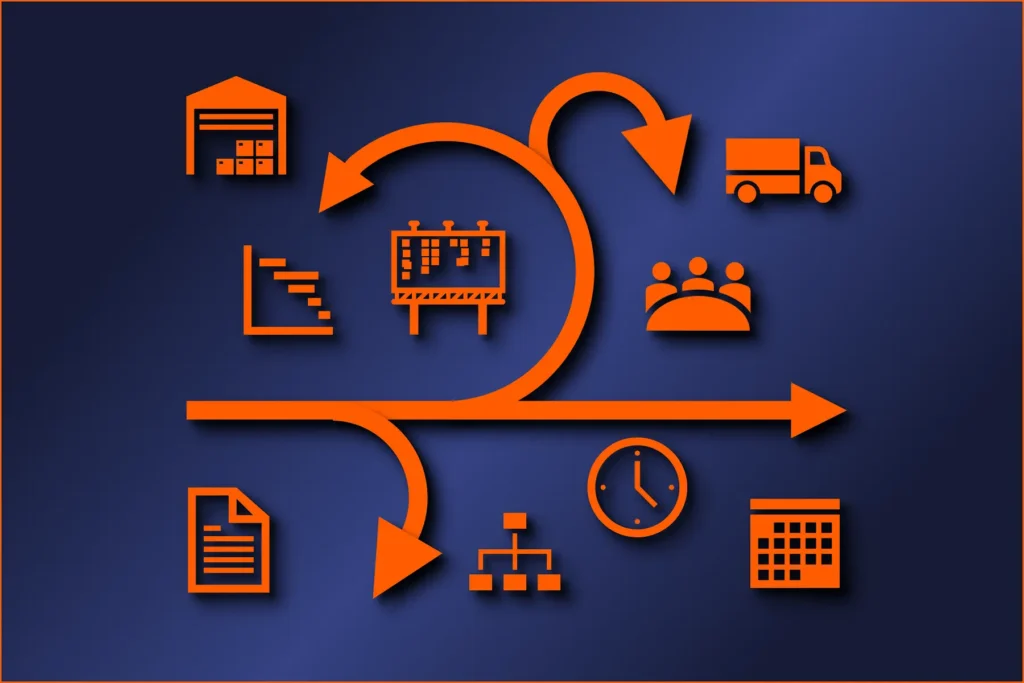How to Build a Business Continuity Plan for EU Compliance (2025 Guide)
Is your business truly prepared for the next disruption? EU regulations and global events are raising the bar for business continuity – and the risks facing manufacturing, supply chain, and logistics firms have never been broader or more complex. This guide delivers a practical, actionable roadmap to building a Business Continuity Plan (BCP) that not only meets EU compliance but also strengthens your company’s resilience, reputation, and competitive edge. Discover what matters, what’s changing, and how to get started.
How to Build a Business Continuity Plan for EU Compliance (2025 Guide) Read More »




